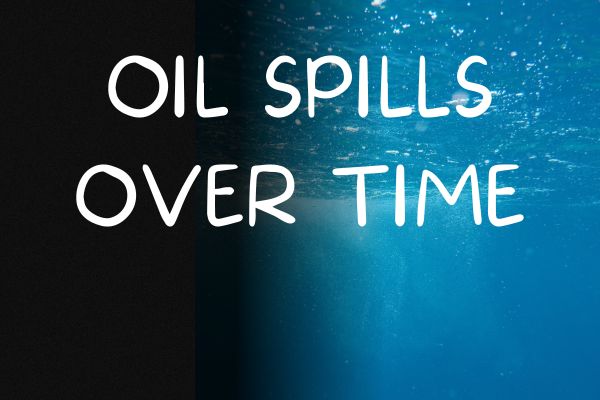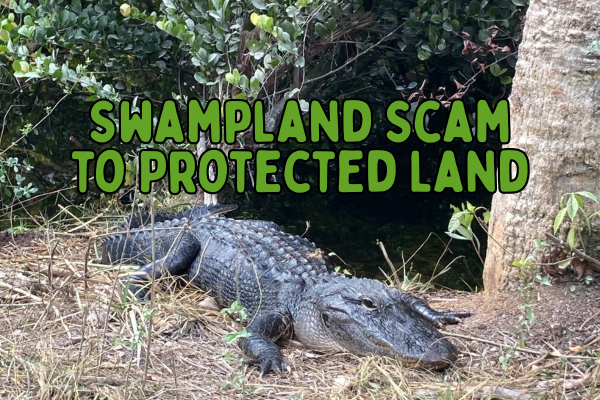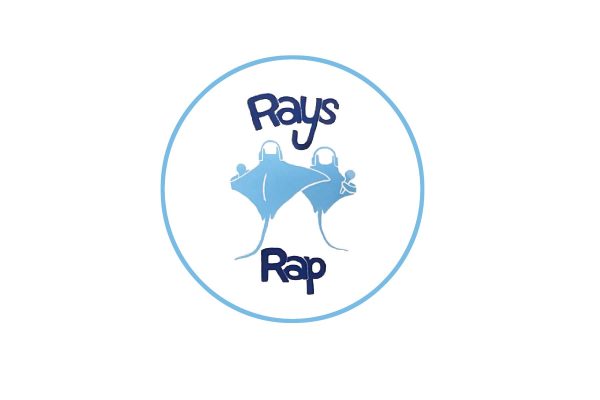Oil spills have tarnished the environment for years. They occur when an accident causes drilled up oil from deep underwater to spill up and pollute the environment. They negatively affect marine life as they can damage the organism’s environment, food sources, and access to a clean water surface. The oil is incredibly difficult to clean up and coats the top of the water and spreads rapidly. Because of this, many methods have been developed in order to clean up said spills.
One of the earliest spills that occurred was the Exxon Valdez oil spill in 1989. This occurred when an oil tanker ran aground off the coast of Alaska. The spill resulted in 1,300 miles of coastal Alaska to be polluted. Biodiversity was severely limited as the oil resulted in deaths of many organisms, causing population numbers to plummet.
A number of tools and strategies were used to try and clean up the spill and included mechanical and chemical efforts. Booms and skimmers were used during the mechanical effort to physically gather up the oil and control it. Chemical efforts primarily consisted of dispersants sent out through a helicopter’s dispersant bucket. Unfortunately, skimmers were difficult during the process as their availability was limited at the time.
One of the more recent oil spills was the Deepwater Horizon oil spill. This is often called the biggest oil spill in history and was caused by an explosion that occurred on the rig. A fracture in the core of the well is what set off the explosion. The oil contaminated much of the Gulf of Mexico and the surrounding coastlines.
In order to clean up the Deepwater Horizon oil spill, manual efforts and chemical strategies were implemented. The oil was both siphoned and burned in order to protect the surrounding wildlife. This cleanup effort required heavy manpower due to the extent the oil had polluted the fragile surrounding ecosystems.
The process of cleaning up oil spills has been gradually modernizing as time has gone on. One of the biggest differences between the Exxon Valdez oil spill and the Deepwater Horizon oil spill was the urgency with which the cleanup process was executed. The Deepwater Horizon oil spill had a much faster reaction from the community and hence had more volunteers in action to manually clean the spill.
Some crucial similarities between the two are the fact that both spills utilized chemical and mechanical methods of cleaning. Both spills used dispersants to break up the oil and both used workers to help gather up the oil both onshore and in boats.
Oil spills are very dangerous to the environment and can have disastrous impacts on biodiversity. Mechanical and chemical strategies are used to clean them and have had varying success over the years. Two of the most historic examples, the Exxon Valdez oil spill in 1989 and the Deepwater Horizon oil spill in 2010, show this.





















